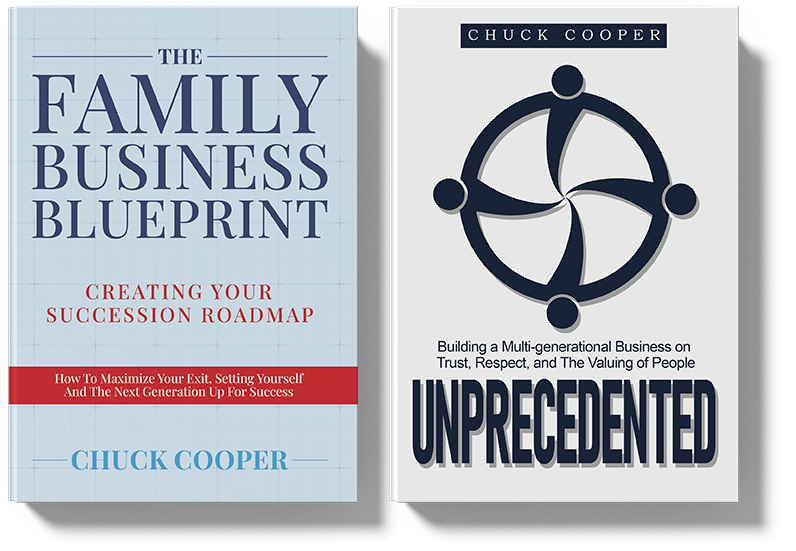Over the past few months, many business leaders and HR managers have been left scratching their heads over issues of employee retention. As the Great Resignation depletes the workforce, some businesses have pulled out all the stops to create a more attractive and enticing workplace, offering employee perks as wide-ranging as ping pong tables and in-house fitness centers. That’s to say nothing of parties, high-end snack options, and other such creature comforts.
From the outset, it should be affirmed that all of these perks can be very good. There is certainly something to be gained from making the office a more appealing place, and from rewarding employees for their hard work and their professional successes.
But perks alone aren’t what will keep employees engaged with their work, or with their workplace. Indeed, most employees can get parties, snacks, and gym memberships anywhere. They don’t necessarily need their employer to supply them, nice though it may be.
Instead, what employees crave is a real sense of purpose: A culture where there is a strong sense of mission, and where workers can clearly see how their day-to-day efforts contribute to the big picture. It’s this sense of purpose, not mere perks, that will help companies weather the Great Resignation with their teams still intact.
Why Perks Don’t Motivate
To be sure, something like an office ping pong table can be a selling point for new recruits, who may be enticed by the notion of a more fun, flexible, or carefree workplace. But while these kinds of perks can motivate employees to accept a job, they aren’t as helpful for motivating retention.
Simply put, an employee who’s coming to the office just to get paid and to play ping pong will jump ship as soon as a higher paycheck and a cooler office comes along.
If employees are only motivated by perks, then their connection to the job or to the company will only ever be superficial. This is especially true among younger generations, where there is a real hunger to do work that makes a difference… and where deep professional commitments are forged not through amenities, but through a real sense of mission.
The Power of Purpose
While perks inspire a superficial loyalty, organizational purpose can inspire something deeper: The sense that, by coming into work each day and doing their job well, employees are doing something that matters, and contributing to a legacy that’s greater than themselves.
There are other benefits to having a clear sense of organizational mission, too. For example, when employees all see how their role aligns with the greater purpose, they tend to make decisions more quickly and work more autonomously.
Mission clarity can also shield your team against sluggishness, directionlessness, or a failure to continuously improve. But maybe the real question is, how can companies provide employees with the purposefulness that they crave?
Defining the Mission
We can offer a few quick pointers:
- Start at the top. Make sure that all members of the leadership team are on the same page, able to clearly and succinctly articulate the mission of the company; the reasons why everyone comes into work each day.
- Develop a written statement of mission, and reiterate it to employees on a regular basis.
- With new hires, make sure you counsel them not just on what the mission is, but how their unique role factors into it.
A sense of purpose is maybe the greatest safeguard that businesses have against the Great Resignation. That’s something we’d love to talk more about. Reach out to WhiteWater Consulting whenever you’d like to chat and pickup a copy of our book, Unprecedented, to learn more about how you can align your people’s purpose with your company purpose.


